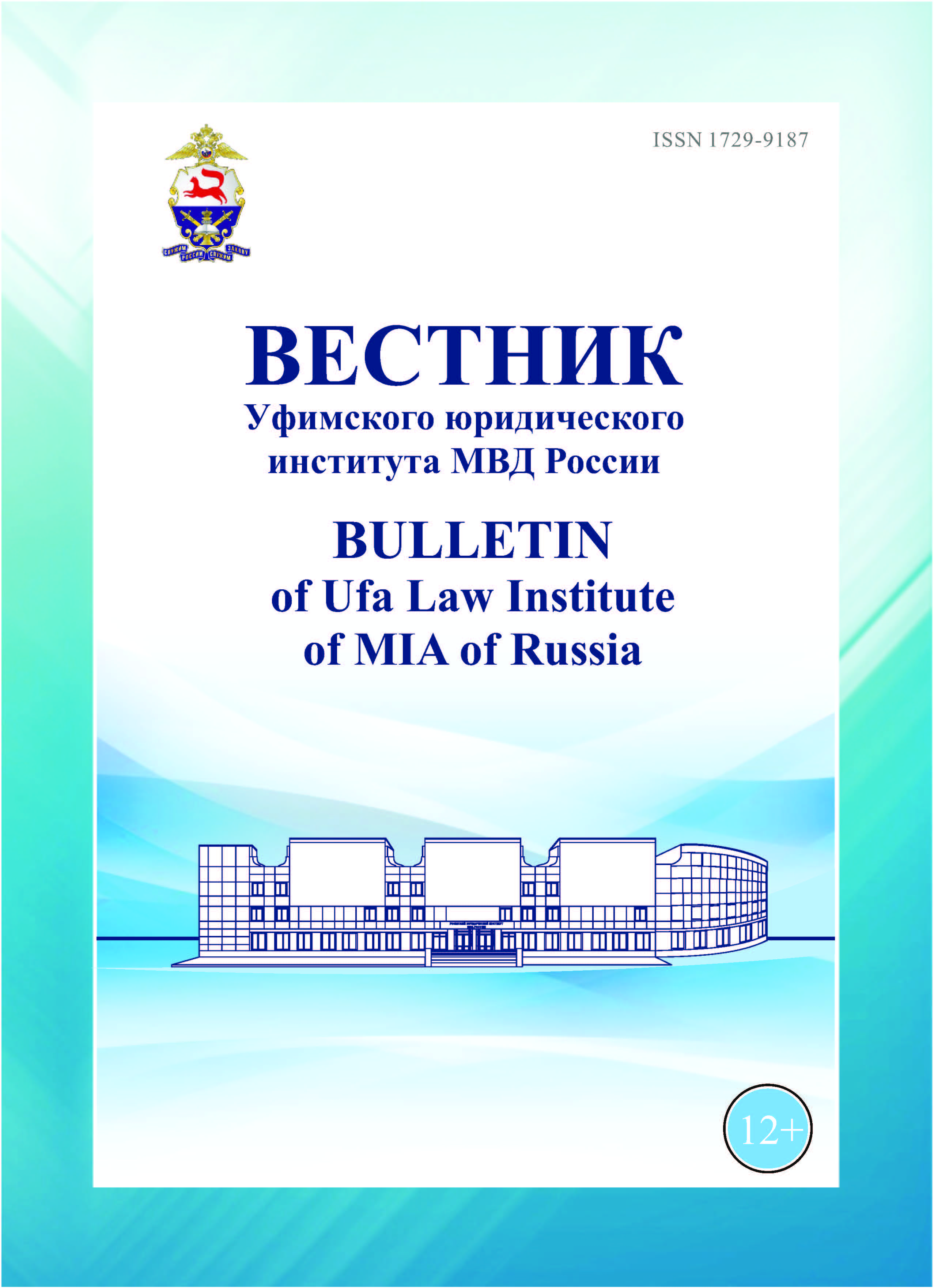Barnaul, Barkaul, Russian Federation
VAK Russia 5.8.7
UDC 378.1
UDC 378
A series of publications devoted to the use of the Anti-Plagiarism system in assessing the originality of scientific and educational works is analyzed. It is concluded that most authors consider it unacceptable to mechanically use the percentage of originality obtained in the report of the Anti-Plagiarism system when deciding on the possibility of publishing a work. It is suggested that the decision on the right to the existence of a work should depend not on the percentage of originality, but on the value of the work for readers. It is indicated that the value of the work can be determined by only a few original proposals. To reduce the number of borrowings in students’ academic papers, it is proposed to make adjustments to the curricula and the control system, focusing on the work performed in the classroom.
Anti-plagiarism, originality, borrowing, value
1. Morozov A. V. Legitimacy of Requirements for Assessing the Originality of Scientific Works // Issues of Modern Science and Practice. 2023. No. 1 (8). P. 39–43. (In Russ.)
2. Fadeeva A. G. Copyright Protection of Scientific Works and the Concept of “Uniqueness of Scientific Work” // Forum of Young Scientists. 2022. No. 10 (74). P. 112–120. (In Russ.)
3. Chernoshtan O. I. The Percentage of Unique Texts of Student Reports at Scientific and Practical Conferences in a Foreign Language as an Ambiguous Indicator of Independence of Research Thinking // Philological Problems in the System of University Education, 2023. Issue 9. P. 122–128. (In Russ.)
4. Nechaeva T. V. International Conference “Detection of Borrowings”: Does a Scientific Journal Need a Plagiarism Check? // Soils and the Environment. 2022. Vol, 5. No. 1. P. 1–19. (In Russ.)
5. Maslov V. A. Problems of Research Activities in the System of the Ministry of Internal Affairs of Russia. Experience of the Ural Law Institute of the Ministry of Internal Affairs of Russia // Actual Problems and Trends in the Development of Research Activities in Educational Organizations of the Ministry of Internal Affairs of Russia: A Collection of Articles Following the Results of the Intradepartmental Scientific and Practical Conference / compiled by A. A. Zhavoronkova, O. I. Gorodovaya. St. Petersburg, 2022. P. 24–31. (In Russ.)
6. Morozov A. V. Scientometric Indicators and Publication Activity of Researchers and Teachers // Bulletin of Moscow University. Series 20. Pedagogical Education. 2023. Vol. 21, No. 4. P. 220–234. (In Russ.)
7. Kalduzova A. A. The Importance of the Antiplagiat System in Assessing the Originality of Students’ Scientific Achievements // Pedagogical Journal. 2022. Vol. 12, No. 6A, part II. P. 899–904. DOI: 10.34670/ AR.2022.56.18.128. (In Russ.)
8. Kostyuchenko N. I., Melikhov A. I. Problems of Applying the Antiplagiat System to Modern Scientific Research in the Field of Jurisprudence // Actual Problems of Private and Public Law: Collection of Scientific Papers of the All-Russian Scientific and Practical Conference. Volgograd, 2024. P. 75–79. (In Russ.)
9. Andreev V. V., Gai V. E., Tarasova N. P., et al. Development of the Technical Antiplagiarism System for Bachelor’s Theses // Scientific and Technical Bulletin of the Volga Region. Technical Sciences. 2022. No. 2. P. 13–15. (In Russ.)
10. Timofeev V. V. Analysis of Modern Trends in the Use of the Antiplagiarism System in Checking Academic and Scientific Works // Bulletin of the Kaliningrad Branch of the St. Petersburg University of the Ministry of Internal Affairs of Russia, 2023. No. 2 (72). P. 136–140. (In Russ.)
11. Zheleznyak N. S., Leontyeva Yu. V. Legal Science and Borrowings – Love or Marriage of Convenience? // Bulletin of Economic Security. 2022. No. 6. P. 80–85. (In Russ.)
12. Bateneva T. Most dissertations on medicine are written with violations // Russian Business Newspaper – Innovations. No. 23 (952). (In Russ.)
13. Andreenko K. V., Kontsevoy M. P. Antiplagiat. University in ensuring academic honesty // Transformation of the information and communication environment of society in the face of modern challenges: materials of the II International scientific and practical conference of young scientists. Komsomolsk-on-Amur, 2023. P. 318–320. (In Russ.)
14. Aidagulova A. R. Features of texts generated by artificial intelligence // Bulletin of the Bashkir State Pedagogical University named after M. Akmulla. 2023. No. 4 (72). P. 154–156. (In Russ.)
15. Yurchenkova K. A., Mikhailenko S. V. On some issues arising in the process of working with the Antiplagiat system / compiled by: A. A. Malofeev, A. Kh. Mamedova, R. E. Artamonov // Current issues of editorial and publishing, scientific and educational-methodical activities of educational and scientific organizations of the Ministry of Internal Affairs of Russia: materials of the intradepartmental scientific and practical conference. St. Petersburg: St. Petersburg University of the Ministry of Internal Affairs of Russia, 2023. P. 79–82. (In Russ.)









